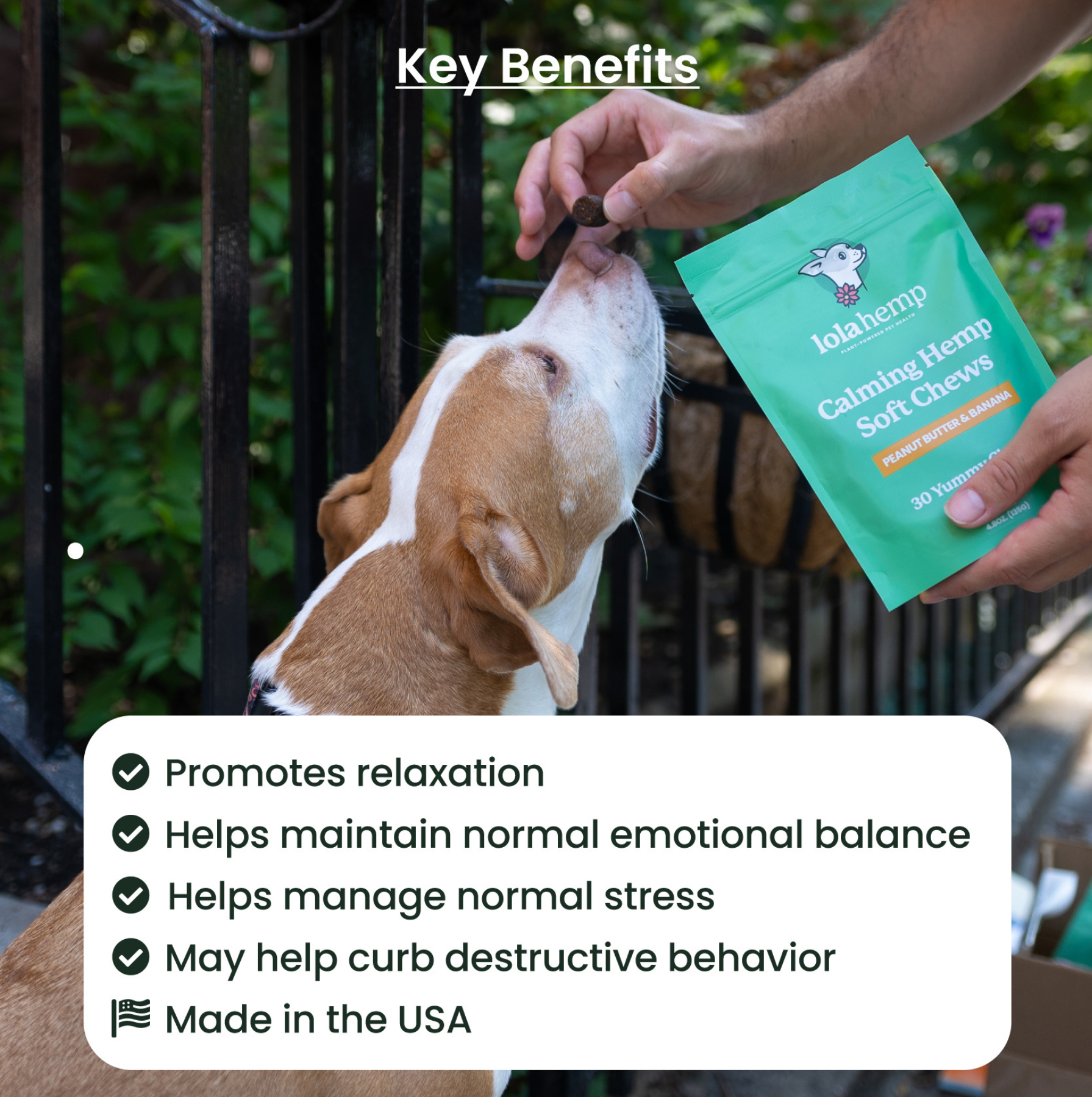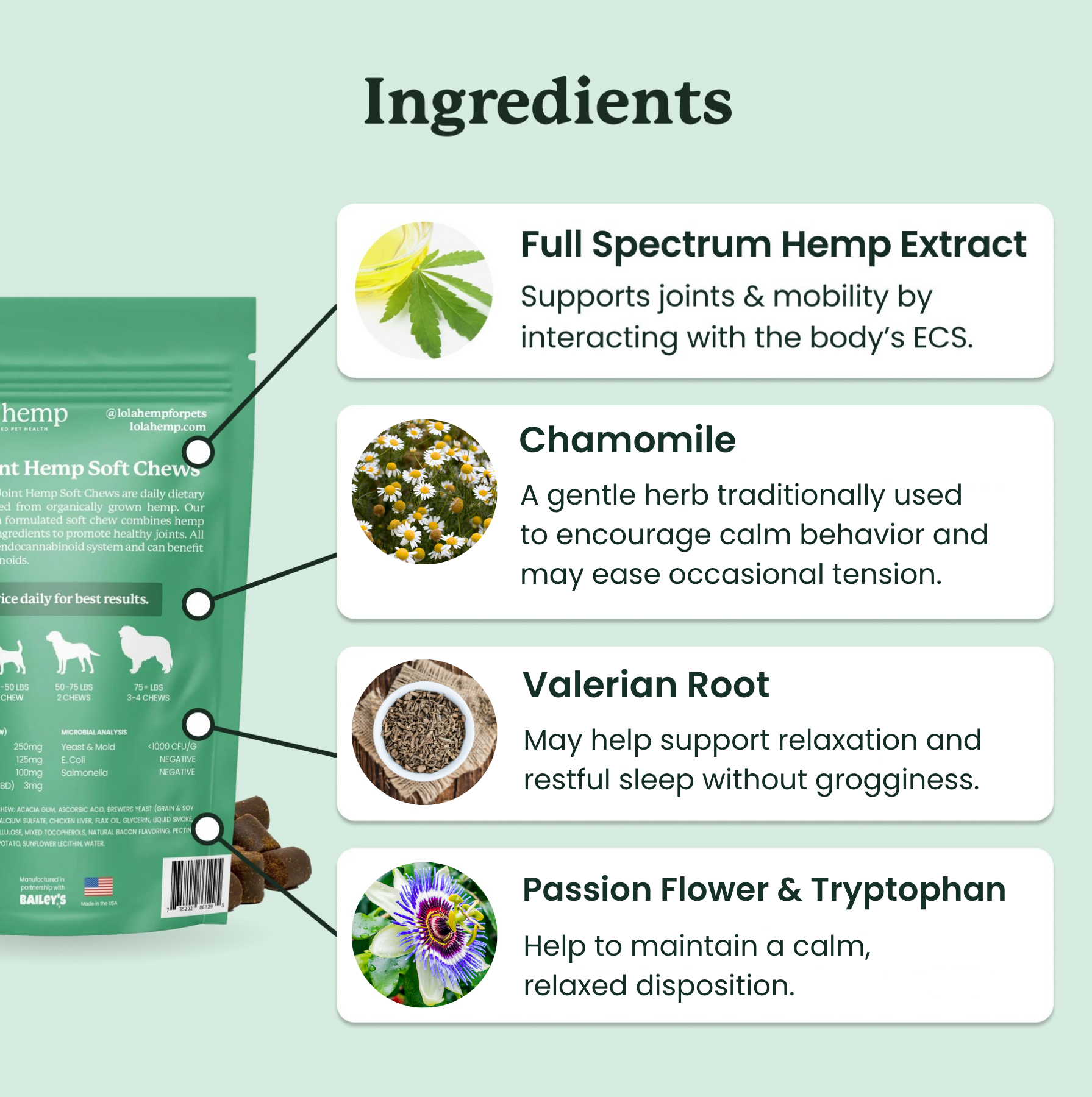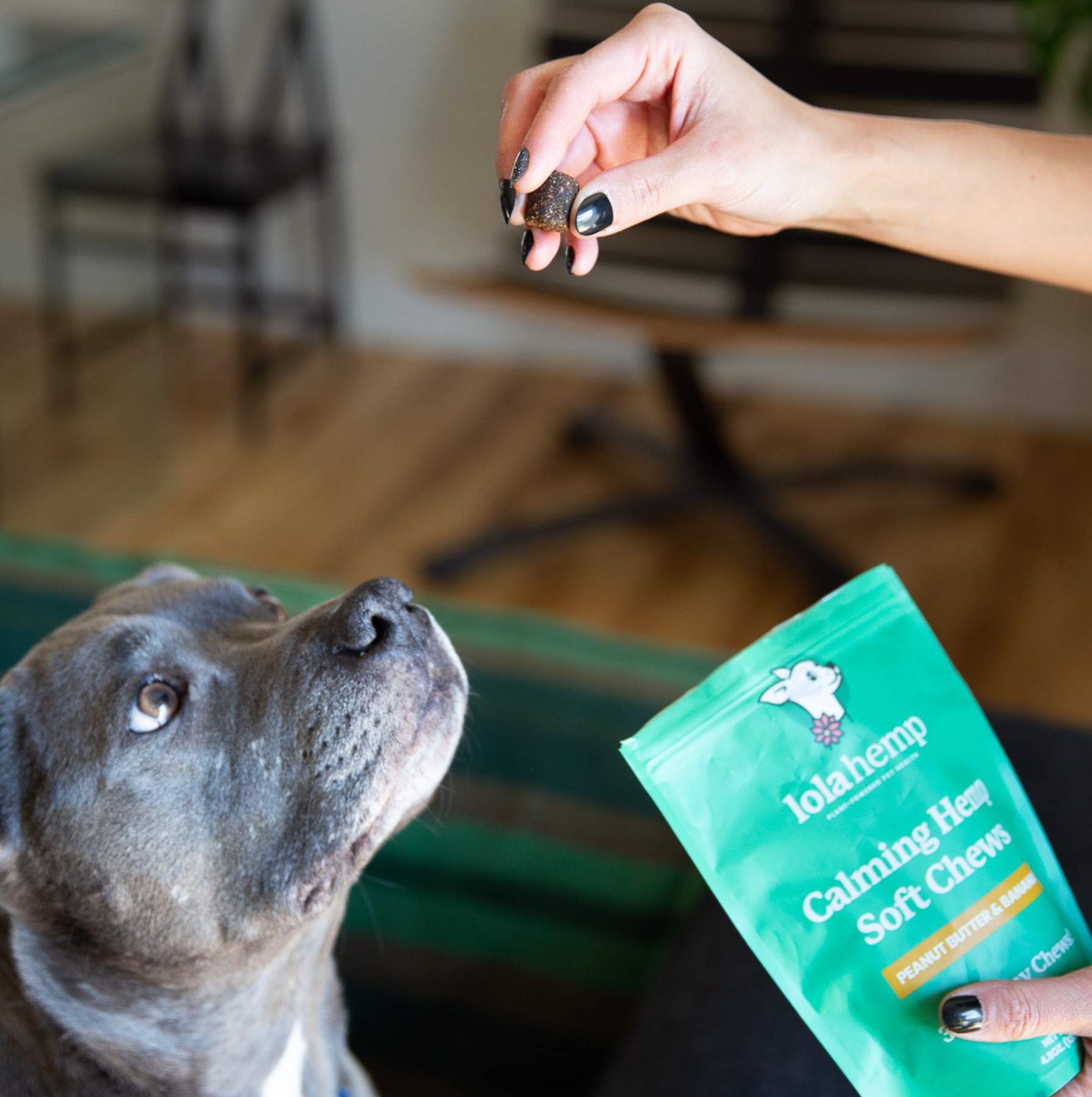It's particularly common for dogs to twitch in their sleep, but certain signs could indicate that there's a deeper issue.
Dogs twitching or jerking in sleep could have a sleep seizure disorder. That said, it's more likely that your dog is simply having a dream while deep in REM sleep. This article looks at the primary things to consider and whether or not your should schedule a visit to your veterinarian to find a seizure supplement or medication to explore.
Let's take a look.
Twitching in Sleep is Normal for Dogs
Fortunately, your dog's twitches are very normal if they're not excessive or violent. Twitching is typically a sign that your dog is having restful sleep and is entering REM (rapid eye movement) sleep.
Your dog's nervous system could also be sending signals to muscles, prompting them to move involuntarily. This is a normal occurrence during sleep for dogs, cats, humans, and other animals. Lastly, breathing rhythms can also trigger involuntary muscle movements in dogs.

When to be Concerned about Sleep Twitches
Twitching in sleep becomes an issue when it's accompanied by other symptoms.
When your dog's twitches are accompanied by signs of distress such as whimpering, drooling, or convulsions, this is when it's time to visit the veterinarian. Convulsions are much stronger and violent than twitches.
If your dog's body, or a part of your dog's body, is jerking uncontrollably during sleep, this could be the sign of a sleep seizure. Further, if your dog has difficulty waking up during these episodes, that's another indication of a neurological issue or seizure.
What to Do If You're Concerned
If you're concerned about the episodes your dog is having in their sleep, the first thing you should do is make sure that they're safe. Get them away from the edge of the bed, move any sharp objects from their area, and give them space to go through the episode free from physical harm.
These episodes are typically short-lived, but they can be alarming to witness. Just be sure to keep your dog physically safe, and the episode should not last more than 5 minutes. If the convulsions last more than 5 minutes, this is an emergency and you should call your veterinarian immediately.
Puppy Twitching is Extremely Common
Puppies twitch more often than adult dogs while they sleep because puppies have developing nervous systems. Their nervous systems haven't developed to the point where they have perfect motor control.
The adorable side effect of this is that puppies tend to "run" in their sleep or nip at the air, indicating the nature of their dream. If your puppy is twitching in these ways, there's nothing to worry about.
Conclusion
Dogs regularly twitch in their sleep, so you probably don't have anything to be concerned about if your dog's twitches are normal and short-lived. You should be concerned if your dog's twitches evolve into strong convulsions or "jerks" that are accompanied by other symptoms like drooling or whimpering.
If your dog is having an episode of some kind, the best thing you can do is to ensure their physical safety and give them space. Allow the episode to run its course, then make a call to your veterinarian.
Frequently Asked Questions About Dog Twitching in Sleep
Why do dogs twitch in their sleep?
Dogs commonly twitch during REM sleep, when dreaming occurs. Their nervous system sends signals that may cause small, involuntary muscle movements.
How do I tell the difference between normal twitching and a seizure?
Normal twitching is brief, light, and does not involve distress. Seizures typically include violent jerking, drooling, stiffness, or difficulty waking your dog.
Is twitching in puppies normal?
Yes. Puppies twitch even more than adult dogs because their nervous systems are still developing. This is typical and not a cause for concern.
When should I call a veterinarian about sleep twitching?
If twitching turns into strong convulsions, includes drooling or whimpering, or if your dog is hard to wake, you should contact your veterinarian.
Can dogs have seizures while sleeping?
Yes. Dogs can experience sleep seizures, which look like intense, uncontrolled jerking. If episodes last longer than 5 minutes, seek emergency care.










